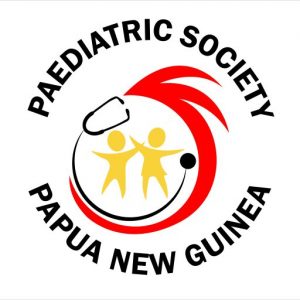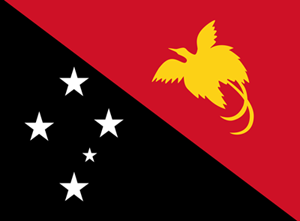Giving birth safely and newborn care
In PNG each year about 5000 newborn babies die in the first week of life. More than half of all babies born occur outside hospitals. Giving birth at home is very dangerous for babies, and dangerous for mothers. Babies born at home are more likely to get infections or to suffer from a lack of oxygen after birth, leading to severe illness.
Compared to babies born in a health centre or hospital where there are skilled midwives and doctors, babies born in villages are much more likely to die in the first week of life.
Mothers who give birth at home are also more likely to die from bleeding or infection after birth.
Every effort should be made to give birth in a hospital or heath centre where there is a skilled midwife.
Babies at the time of birth need:
- To be dried thoroughly with a clean towel
- Skin-to-skin contact with their mothers
- Clamping and cutting the cord with a sterile blade
- To suck on the breast and stay in constant contact with their mothers, not be separated
- Eye care, Vitamin K, immunizations
- Weighed and checked to see if they are well
The birth should be recorded in the Baby Book, and in the Health Clinic or Hospital register
In some parts of PNG the services of midwives or doctors are not available, or clinics are a long distance away. This is not a satisfactory situation.
Child Health Record Book
Every new baby in PNG should have a Child Health Record Book (Baby Book) for recording vaccines, weight, any illnesses and how they are treated. This is a very important book, and should be kept in a safe place and brought to the clinic at every visit. The Baby Book also contains information for parents on feeding, what signs of illness to look out for, and family planning.

